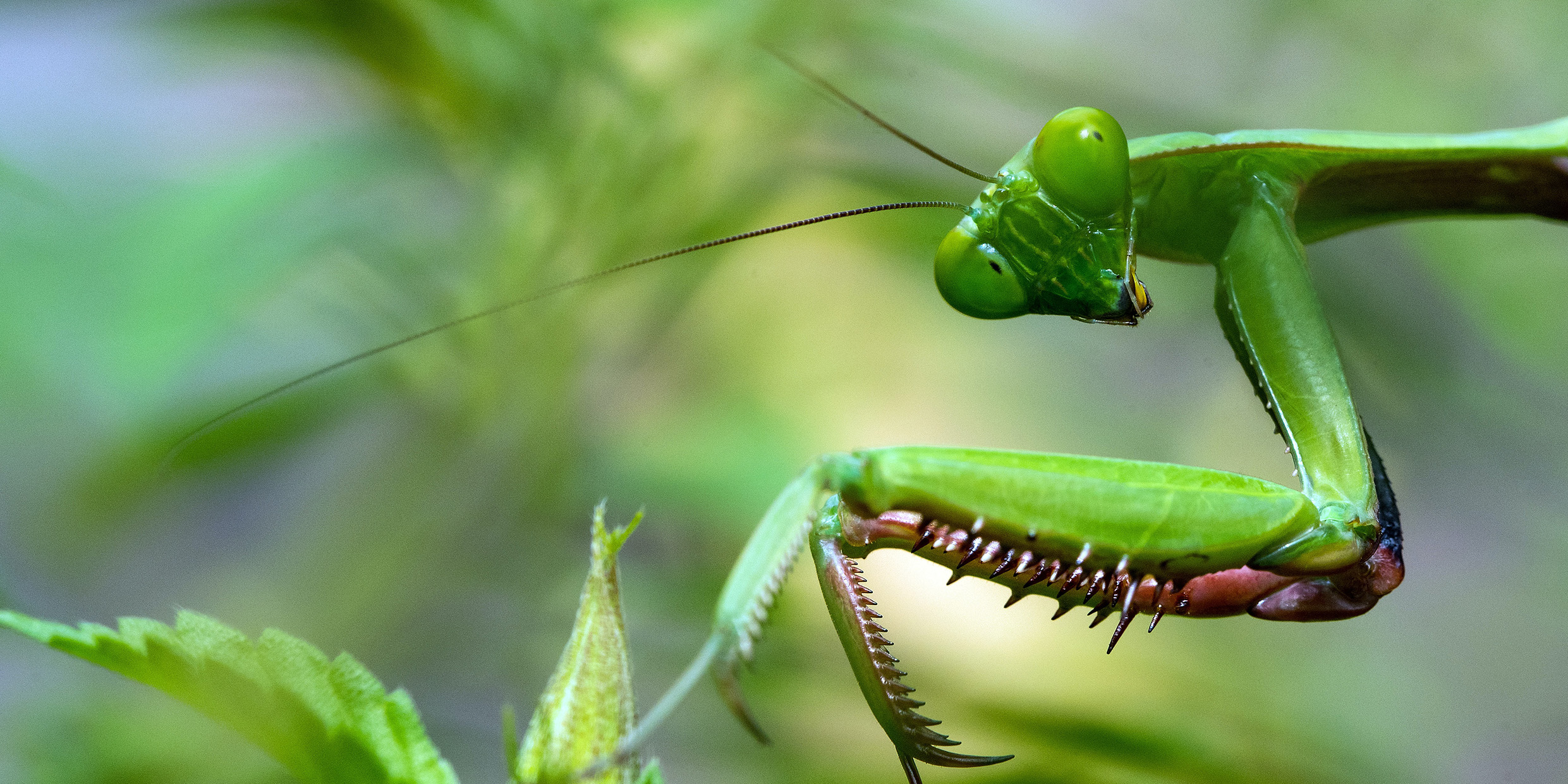Originally published 9 December 2003
Several weeks ago, The New York Times asked in the headline of its Tuesday science section — “Does Science Matter?” — then spent 16 pages suggesting an answer: Indeed it does, more than ever.
But the Times also noted that this conclusion is not necessarily that of the American public. The prestige of scientists is declining. Religious fundamentalism and belief in the paranormal is on the rise. Reflecting this national mood, the government provides fewer dollars for scientific research.
Apparently people want pat answers to the big questions of life, and science doesn’t provide them. Nor can it. The driving force of science is curiosity about the unknown. Science thrives on mystery.
The 20th century was America’s century not least because of the preeminence of American science. For this same reason, the 21st century might belong to Asia, and especially China, as America retreats into dogma and superstition.
What can be done? Probably nothing. If people want pat answers, they will have them.
For 20 years, I have shared in this column my admiration for those men and women of past and present who hold their knowledge of the world against the refining fire of empirical experience. They are part of a glorious transcultural intellectual tradition that has led us into the heart of living cells and to the distant galaxies.
Of course, science also can slip into smug self-centeredness. Scientists are not immune to the cozy security of dogma. But of all the ways humans have devised to obtain reliable public knowledge of the world, it is my conviction that science is the least susceptible to accidents of birth, personal prejudice, the coercions of authority, and the straitjackets of tradition.
Yet science alone is an incomplete basis for a life. We need our Jane Austens, Igor Stravinskys, and Albert Schweitzers as much as our Charles Darwins, Marie Curies, and Albert Einsteins. What poets, artists, saints, and scientists share is a capacity to be astonished.
This column is the last of Science Musings. It has been a long, joyous ride, not least because of the always thoughtful responses of readers. Your willingness to share your knowledge and life experiences has been an important part of my education, and I am grateful to you.
As a parting token of my gratitude, let me share with you my pleasure in a book I have just finished reading: For the Love of Insects, by Thomas Eisner (Harvard University Press, 2003).
Eisner is professor of chemical ecology at Cornell University, and one of America’s preeminent entomologists. He has spent a lifetime figuring out the chemical language of insects. He has published hundreds of scientific papers. His new book is a personal memoir of a lifetime in science, engagingly written and stunningly illustrated with photographs of insects doing astonishing things.
Eisner’s bugs squirt, secrete, ooze, defecate, and regurgitate a whole vocabulary of chemicals, to mark, repel, attract, and entangle. Eisner “listens” and “translates” this chemical language with experiments that are enchanting in their simplicity.
What makes Eisner a world-class entomologist is not access to million-dollar scientific instruments, but a mind that never stops asking “Why?” And this within a life that is filled with the joys of family, travel, music, literature.
There is no danger of running out of mysteries. As Eisner points out, the 1.5 million species of organic life that have so far been described by science are only a fraction of the number that exist. Most creatures on this planet await discovery, and even the most familiar have secrets to reveal.
There are no great philosophical conclusions in Eisner’s book, no pat answers to the big questions of life; just one man’s unremitting curiosity about the natural world.
One comes away from For the Love of Insects with a suspicion that unremitting curiosity in the face of inexhaustible mystery might just be an answer to the biggest question of all: What makes a human life worth living?
Editor’s note: After 20 years and over 900 weekly essays, this was the final Science Musings column published in the Boston Globe newspaper. After a few months break, Chet resumed writing his weekly meditations on science for a new online audience by way of the original incarnation of the ScienceMusings.com website. Those essays will be reposted here starting tomorrow.



